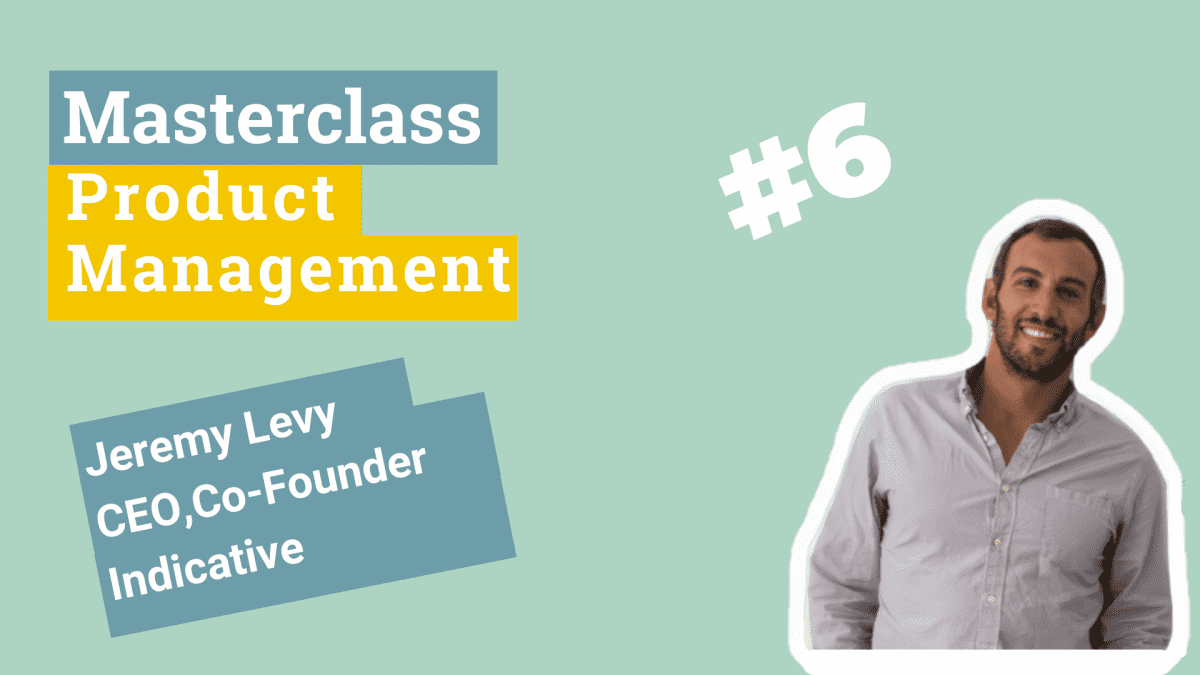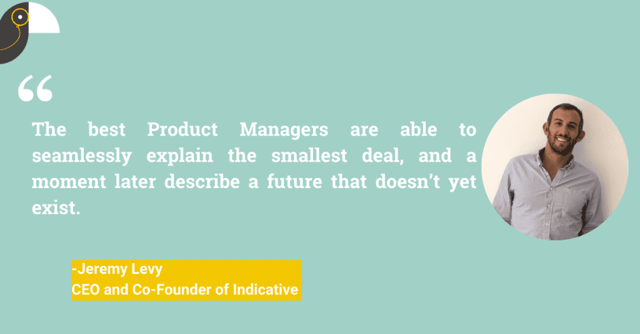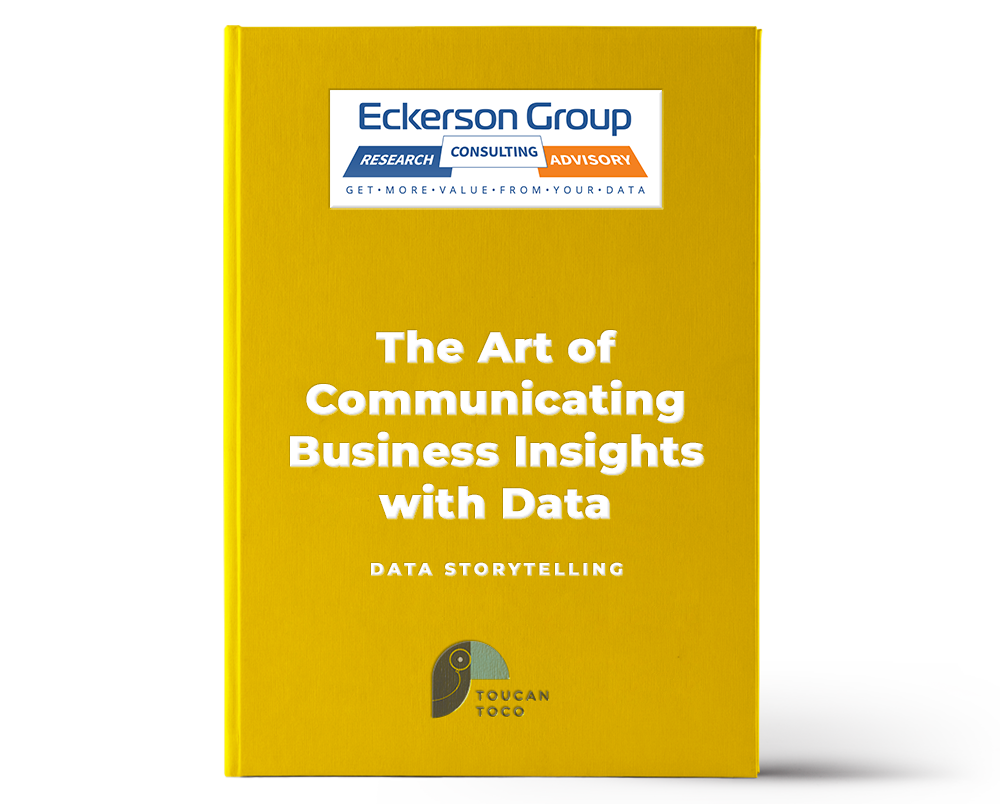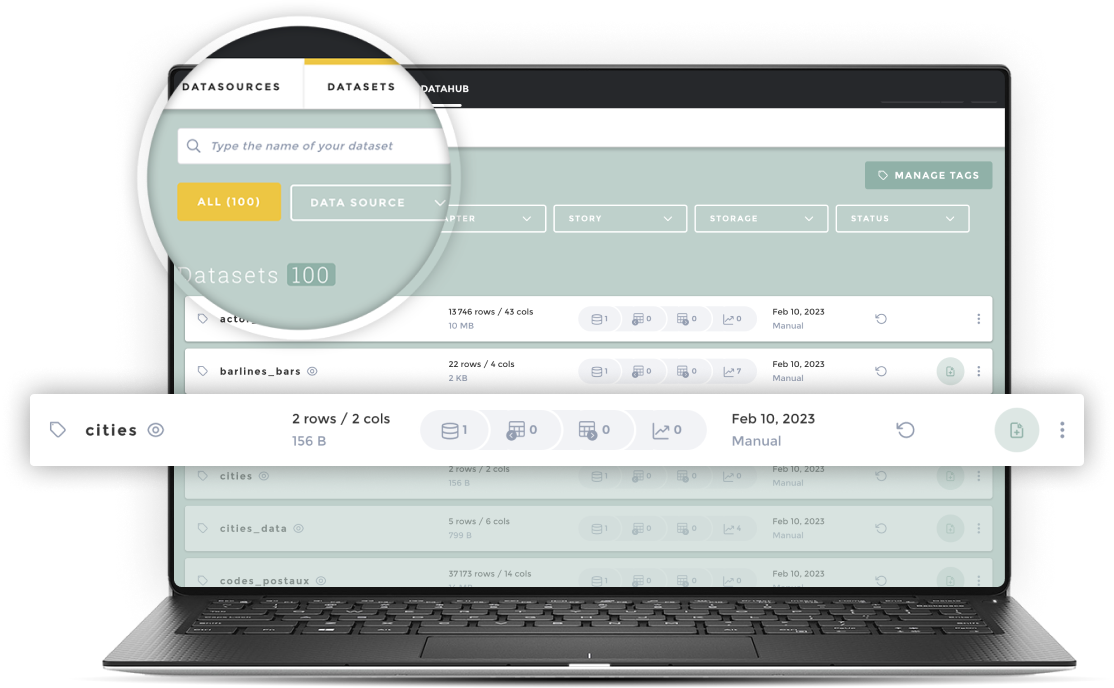
- 1. Tell us a bit about yourself!
I’m Jeremy Levy, the CEO and Co-Founder of Indicative, a Product Analytics platform for product and marketing teams. I’m something of a serial entrepreneur and a veteran of New York City’s Silicon Alley. I co-founded Xtify, the first Mobile CRM for the Enterprise, acquired by IBM in 2013. I also Co-Founded MeetMoi, a pioneering location-based dating service for mobile sold to Match.com in 2014.
- 2. In one word or one sentence, how would you describe your product management style?
Benevolent dictatorship.
- 3. How did you get into product management?
As an entrepreneur, it became a required skill that I had to learn along the way. My first job out of college was as an intern at a newly formed startup. My first task was to define the product requirements for our yet-to-be-built product. My job later shifted to building that product. It, in effect, allowed me to play each role in the product development lifecycle from defining a vision and requirements, to implementation and even being the target end-user. It helped me think about product development from the perspective of every stakeholder.
- 4. What are one or two things you typically do during the first hour of your day that leads to a productive day?
Catch up on emails, unblock my team, and plan my goals for the day/week. There can be so many things that need to get done, I find doing an internal prioritization to be very helpful.
- 5. What are some of the qualities of great product managers?
The best Product Managers are able to seamlessly explain the smallest deal, and a moment later describe a future that doesn’t yet exist. They need to have a blend of skills that span several disciplines ranging from technology, and user experience, to people management.
Having a strong working knowledge of technology is a major advantage. Being able to conceptualize how the technology works allows you to much more quickly iterate and ideate on your own. You don’t need to be a programmer, but you need to understand how the pieces fit together. I’ve worked with PM’s who never wrote a line of code but could brainstorm a technical problem conceptually as well as anyone else.
We use products every day and most of us rarely think about UX. The funny thing about great UX is that the applications with the best user experiences get out of the way and so we almost don’t think about them. Great Product Managers think about user experiences in terms of simplicity and intuitiveness, and how to enable users to be as productive as possible.
Product Management is a people job. Product managers can be cheerleaders, visionaries, therapists, facilitators amongst other roles, but at the end of the day you are working with a wide range of people and being able to seamlessly work with all different types of people allows you to be so much more effective.
- 6. What has made you successful in your role?
I am very lucky in having played nearly every role in the product development lifecycle starting with business analyst, engineer, to product visionary.
- 7. How do you decide what (or what to not) to build? To buy?
ROI/Business Value/ Effort
- 8. How can PMs stay ahead of user requirements or make sure they’re aware of them early?
Formal and frequent process for soliciting feedback across the organization and users.
- 9. One of your highest-paying customers demands a feature from you that isn’t on your roadmap…what do you do?
We ask a couple of questions:
- Do we want to build this anyway? Should we be building this feature?
- Does this solve a worthy problem for a wide set of customers?
- Does this allow us to sell to more customers?
- When does the customer need this feature and what is the LOE?
- 10. What qualities make a good product? Any tips and tricks for our readers for building a better product?
Keep it simple, don’t reinvent the wheel. Iterate quickly, prototype.
- 11. How do you know if a product is well-designed?
Gets out of the way.
- 12. How do you make sure/ know you have a solid roadmap?
A roadmap is literally a path to a destination. The destination rarely changes, but the road you take often does…
- 13. What aspects of product management do you find the most exciting? The least?
Releasing a new product, I love it. I love it and it delights me, to get new functionality out the door.
- 14. Tell me about how you interact with customers/users?
We take every opportunity to get feedback….
- 15. Talk about how you overcame product failures/challenges or poor feedback.
The idea that customers don’t know what they want is half true. Customers oftentimes communicate requests in terms of a specific feature that they want in absence of communicating the problem they are trying to solve. The trick is to try to distill from a customer’s request what is the problem they are trying to solve and what is the best way to solve it. This can sometimes require speaking to a lot of customers to distill the theme …






